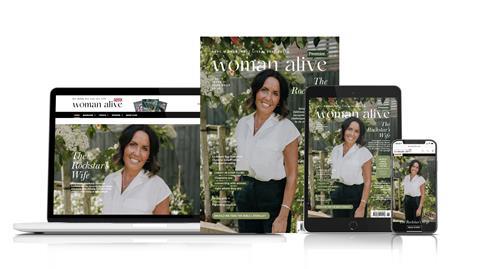In response to the Northern Irish government action to end violence against women, Sally Hope suggests some resources for training.

The Northern Irish government has launched a strategic framework to end violence against women and girls. It has been designed following consultation with experts in the field, and crucially with survivors themselves. Designed to last seven years, the main focus of the strategic framework is prevention.
It recognises that violence against women has it’s roots in “historical inequalities, gender-based discrimination, and power imbalances between men and women.” These have led to “damaging attitudes, beliefs, and behaviours which are discriminatory towards women and girls, creating a culture where violence, harm, and abuse are more likely to happen, be tolerated, and even condoned.“
It firstly seeks to tackle these attitudes through a range of education based activities, starting with early years provision and parenting support, right through to work in Universities and public health campaigns.
It’s an ambitious plan and one rooted in the approaches recommended by experts.
It’s an ambitious plan and one rooted in the approaches recommended by experts. The crucial question however, is will it be properly funded? Or is it just words?
The U.K. government launched a similar framework in 2021. Three years later 98% of rapes still go unconvicted, a woman is still assaulted by her partner every six seconds and a woman is still murdered by a man every four days. Fifty per cent of women who attempt to access a refuge are still turned away because of lack of space and the family courts still remain unsafe for women and children.
The U.K. framework has had little impact because it’s not adequately resourced, and unless the N.I. framework is properly resourced it will be just the same. To coin the phrase of our predecessors, the suffragettes, we need “deeds, not words.” Our governments need to put their money where their mouth is.
So how can the church respond? We can lead the way. We can focus on deeds, not words; we can put our money where our mouth is.
We need to begin by recognising and repenting of the part we may have inadvertently played in perpetuating the beliefs and attitudes that lead to violence against women
We need to begin by recognising and repenting for the part we may have inadvertently played in perpetuating the beliefs and attitudes that lead to violence against women and step up to be part of the solution. Not just in our words. We need to ask “what are our deeds?”
Are we putting our money where our mouth is? How much of your church’s giving is dedicated to its local women’s refuge or to charities that seek to end violence against women? How much of your church’s safeguarding budget is dedicated to safeguarding women against violence?
Read more on domestic violence
There are domestic abusers in our churches
Is the UK Government’s new ‘flee fund’ for survivors of domestic abuse a good idea?
How much of your church’s training budget is spent on training pastoral staff in domestic abuse awareness? (you can get training here). How much of your church’s ministry budget is spent on ministry to support victims and survivors? (such as running an Always Hopeful Programe).
How much of your church’s resources are used to tackle this issue? Does your minister talk about violence against women from the pulpit? Do you talk about healthy relationships in Sunday school or youth work? (there’s a great free resource here to help you do that). Do you talk about domestic abuse in your marriage preparation classes? (here’s another resource for doing that). Evidence shows that if abuse is talked about in marriage preparation classes a woman is more likely to turn to her pastor for help if it later turns out to be a problem.
Our governments talk the talk but regularly fail to walk the walk when it comes to violence against women. It’s time for churches to lead the way in doing better.
If any of these issues have affected you, you can call Premier Lifeline for support. Premier Lifeline is a national, confidential helpline offering a listening ear, emotional and spiritual support from a Christian perspective. If you would like someone to talk with and pray for you, call Premier Lifeline on 0300 111 0101.



































No comments yet